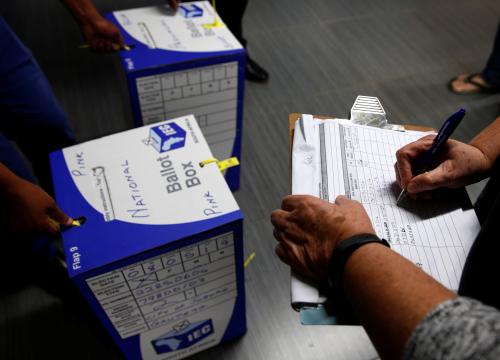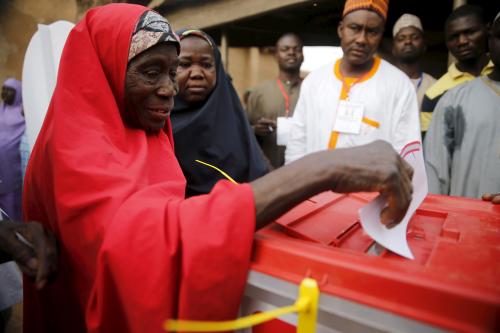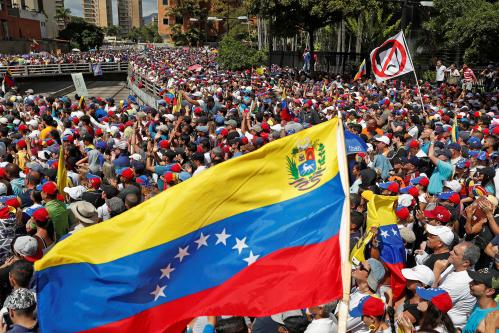Yesterday’s New York Times reported that a top Russian oligarch is threatening to sue one of the country’s leading business newspapers over disclosure of financial information. The key points:
“Rusal, the world’s largest aluminum company, is closely held by wealthy Russian businessmen, including Oleg Deripaska, once Russia’s richest man. As a private company, few details of its business are public.”
“The company hopes to raise $2.5 billion in an initial public offering in Hong Kong that will be an important test of international investor interest in Russian equities.”
“A series of articles in the business newspaper Vedomosti at the end of October detailed Rusal’s dismal financial results for 2008 and included other facts about the company. The articles cited documents given to bankers at a conference closed to the public.”
“That scoop is evolving into a legal test for business publications in Russia, a country where the political press is already kept on a tight rein.”
Something appears to be missing in this story. Why is Deripaska doing this? Clearly, this lawsuit threat can have nothing to do with Rusal’s impending IPO. The information that Vedomosti published is already published! A lawsuit, even if successful, is not going to put that genie back in the bottle. Moreover, Deripaska’s hypersensitivity about this can only serve to heighten suspicions that Rusal really does have something to hide. In short, threatening a lawsuit is not in Deripaska’s immediate interest at all. So why is he making the threat?
The answer is that Deripaska is acting here not primarily on his own behalf but on behalf of all the members of the small club of oligarchs in Russia who — like Deripaska — participate in Vladimir Putin’s “protection racket.” We are writing in detail about this scheme in our new book, Russia’s Addiction. Beginning in the year 2000, when he entered office as Russia’s president, Putin has had a deal with the most powerful business owners. In that deal, the oligarchs agreed to abide by a few clear rules about their behavior inside and outside Russia; in return, Putin guaranteed them not only protection against expropriation by the state but also, and even more important, protection against each other. To be able to deliver on that latter guarantee, Putin has since 1999 at the latest preserved a monopoly on damaging financial information about the oligarch-controlled companies. That is, he and only he (along with one or two key associates) possesses the information, and he protects it from any leaks. Financial information is the nuclear weapon of Russia’s thoroughly opaque corporate elite. When Putin took over, the oligarchs were on the verge of all-out and all-destructive war against one another using such information. He ended the era of proliferation and brinksmanship and enforced a peace that has lasted to this day.
But if Putin’s power over the oligarchs rests on a monopoly of financial information, what could be more threatening to him and his system than independent collection—and release—of financial information? If independent media seek out the goods on the oligarchs, Putin’s authority is dissipated. Ending internecine warfare among the oligarchs was the key event in the formation of the protection racket. The main terrain on which that war had been fought was … the “independent media.” Independent in quotes because, of course, the oligarchs owned the media and used it as a weapon against each other. That is how kompromat [compromising material used in blackmail schemes] was disseminated prior to Putin’s accession. Putin took the media over to insure the oligarchs against each other. Deripaska’s threat against Vedomosti is intended to send the message to the press today not to upset the system Putin established a decade ago.



Commentary
Protecting Putin’s Protection Racket
November 11, 2009